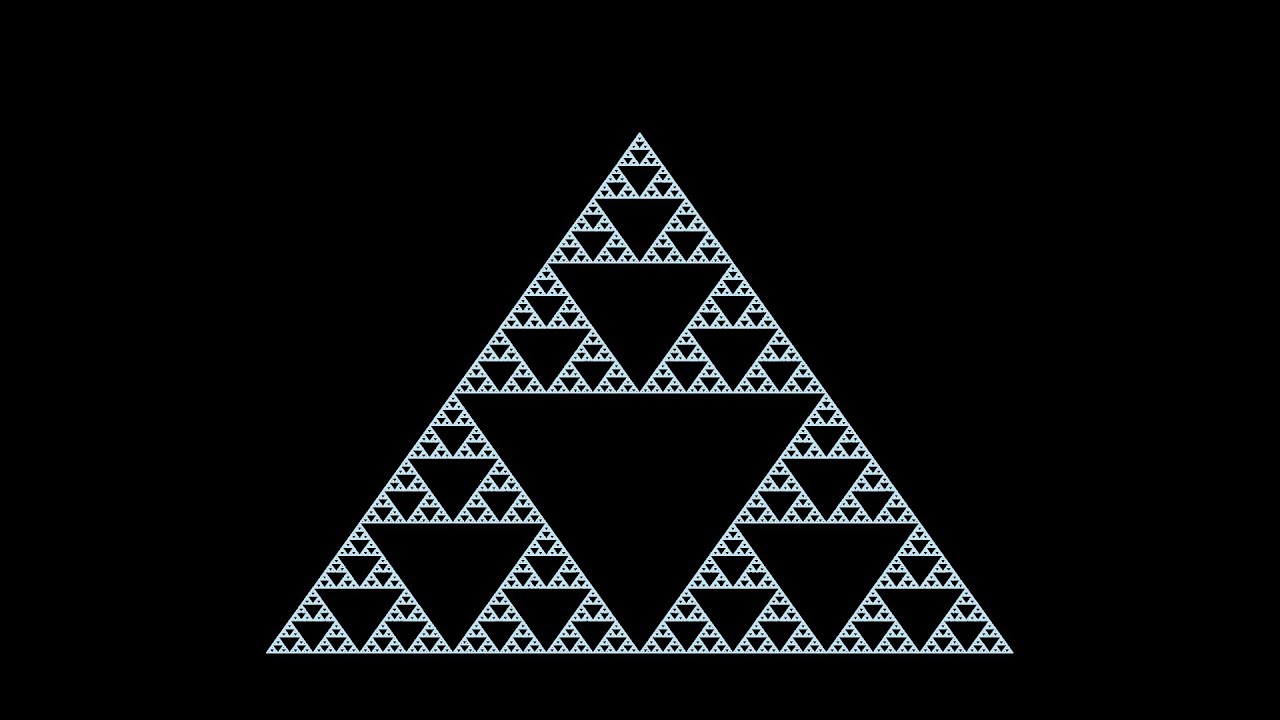What does that actually tell you about life? How can you build on that? Or what can you extract out of that?
On the other hand, take a statement that comes out of actual fundamental observations:
“We cannot understand an organism without also understanding its environment.”
Recognizes the significances of the barrier life forms create around themselves.
Recognizes that an organism’s development and evolution is absolutely depend on the environment it’s embedded within. The two are part of the same dynamic inter-connected physically reality.
Or to put it another way:
Enactivism and ecological psychology converge on the relevance of the environment in understanding perception and action.
On both views, perceiving organisms are not merely passive receivers of environmental stimuli, but rather form a dynamic relationship with their environments in such a way that shapes how they interact with the world.
Or here.
Or lack thereof.
Who is any of us to talk?
Who was Descartes to talk?
Lot of reaching for perfection and absolutes. A superb mind, discipled and organized and steadfast.
But when it comes down to actual science of understanding this physical world - what did he have to offer?
Not his fault, had he lived in a later age, his mind would have had facts to work with, rather than trapped in the jail of his own philosophizing and logic-ing.
He’s remembered for his thinking ability and the conceit that: I THINK THEREFORE I AM - which is really a whole bunch of baloney as most recognized, even as they embrace the conceit.
We are evolved biological observation instruments - we think as an evolutionary consequence of existing in a physical world.
That world will exist long after we are gone.
That’s why I keep arguing with reason and references and attempt to layout my position as rationally as I can. It’s also why I take the time to review your and other contrary arguments.
I’ve never claimed to be unbiased, that doesn’t mean I’m closed to new information.
But if that information simply doesn’t compute with the accumulated knowledge I possess,
such as supposing our consciousness mind and our homeostasis systems don’t communicate with each other, well, what can I say. It doesn’t compute.


